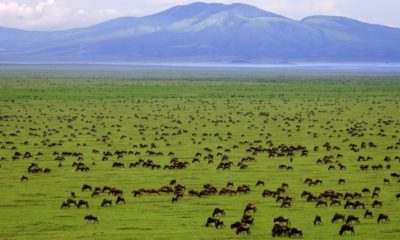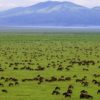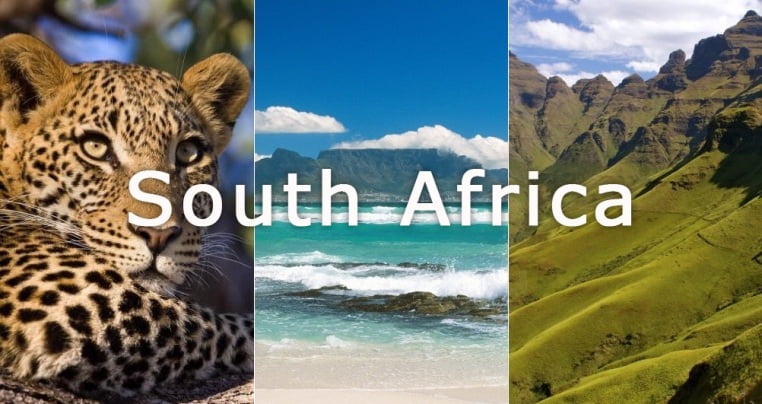Africa
Backpacking Madagascar Need To Know
Basics
Languages:
Capital:
Currency:
|
Dial Code:
International Access Code:
Emergency Services Number:
Time Difference:
|
Recommended For Further Information On Madagascar
Lonely Planet Madagascar
The below is a very basic guide. If you are heading to Madagascar I highly recommend picking up a copy of Lonely Planet’s; Madagascar. It provides the most relevant, up-to-date advice on what to see, do and skip, plus where to eat and sleep…

Entry
Any tourist can get a 30-day visa free of charge at the airport on arrival. Make sure an entry stamp is recorded in your passport.
You will be asked for evidence of onward or return travel at check-in before you fly, and on arrival in Madagascar.
Your passport must be valid for a minimum period of 6 months from the date of entry into Madagascar. You should have at least 2 blank pages in your passport on arrival.
Yellow fever vaccination is required for travellers arriving from countries with risk of yellow fever transmission.
For official information visit your home government travel bureau.
Getting Around
Bush taxis are generally not safe.
More detail is to come in this section, but you can read about general advice regarding Getting Around When You Get There
Accommodation
Madagascar doesn’t have a tourism sector aimed specifically at backpackers, so you may struggle to find hostels. However hotels and guesthouses are relatively cheap, but vary in quality.
Read more about Accommodation When You Get There
Food And Health
Food hygiene and safety is improving, but isn’t up to Western standards. Use your instincts; if the place looks dirty, don’t eat there; if your food isn’t piping hot, don’t eat it.
Water is not safe to drink, so stick to bottled or boil and avoid ice in drinks.
Although there are public and private hospitals in Antananarivo, they can only handle routine operations. Complex surgery requires evacuation either to Mauritius, South Africa or La Reunion. Make sure you have adequate travel health insurance and accessible funds to cover the cost of any medical treatment abroad and repatriation.
Outbreaks of plague can occur during the rainy season. Always contact your GP around 8 weeks before your trip to check whether you need any vaccinations or other preventive measures. Visit here for Recommended Vaccinations and read here for more about Travelling Health In General
Weather & Time To Go
The climate is tropical along the coast, temperate inland, and arid in the south. The cyclone season in Madagascar normally runs from November to April, so the best time to visit is in the dry season, from May to October.
Communications
Internet is generally slow, but accessible in most towns, hotels and lodges. International calling cards are cheaply available in large towns.
Dangers And Considerations
Muggings, robberies and street crime occur frequently in towns and cities, in nature reserves and on beaches. Avoid walking in city centres after dark alone and be vigilant at all times. Beware of pickpockets in crowded areas like street markets and airports. Foreigners are the preferred targets for pickpockets and muggers.
If you intend to visit a National Park, seek advice from a tour operator or from the park administration in advance. There have been armed attacks and robberies involving tourists visiting the National Parks Montagne d’Ambre and Ankarana in the north of the country. Visitors are accompanied by police and local villagers during their visits.
You should carry a certified copy of your ID with you at all times. The police often stop vehicles and pedestrians to check papers, particularly late at night.
If you use a money exchange office, count your money immediately to make sure you haven’t been short changed.
Dangers constantly change. Always check with your foreign office (British Foreign Office webpage) or travel advice bureau for the latest information regarding your destinations safety.
Read more about Safety And Security here
Respecting Culture
In many parts of Madagascar, aspects of daily life are regulated by taboos, known as ‘fady’. These vary from one region to another. Fady can range from forbidden foods to restrictions on clothing. Some areas subject to fady may be forbidden to foreigners. If you intend to visit remote areas, seek advice either locally or from your tour operator and respect local fady to avoid causing offence.







